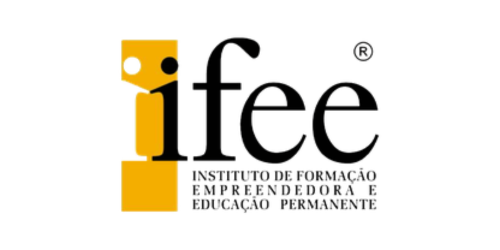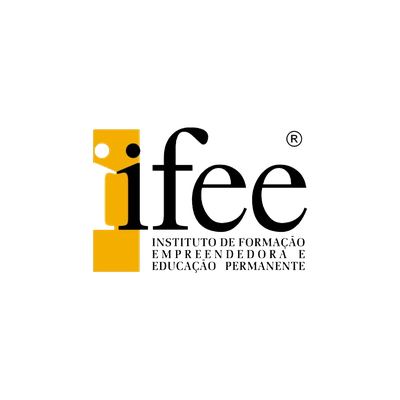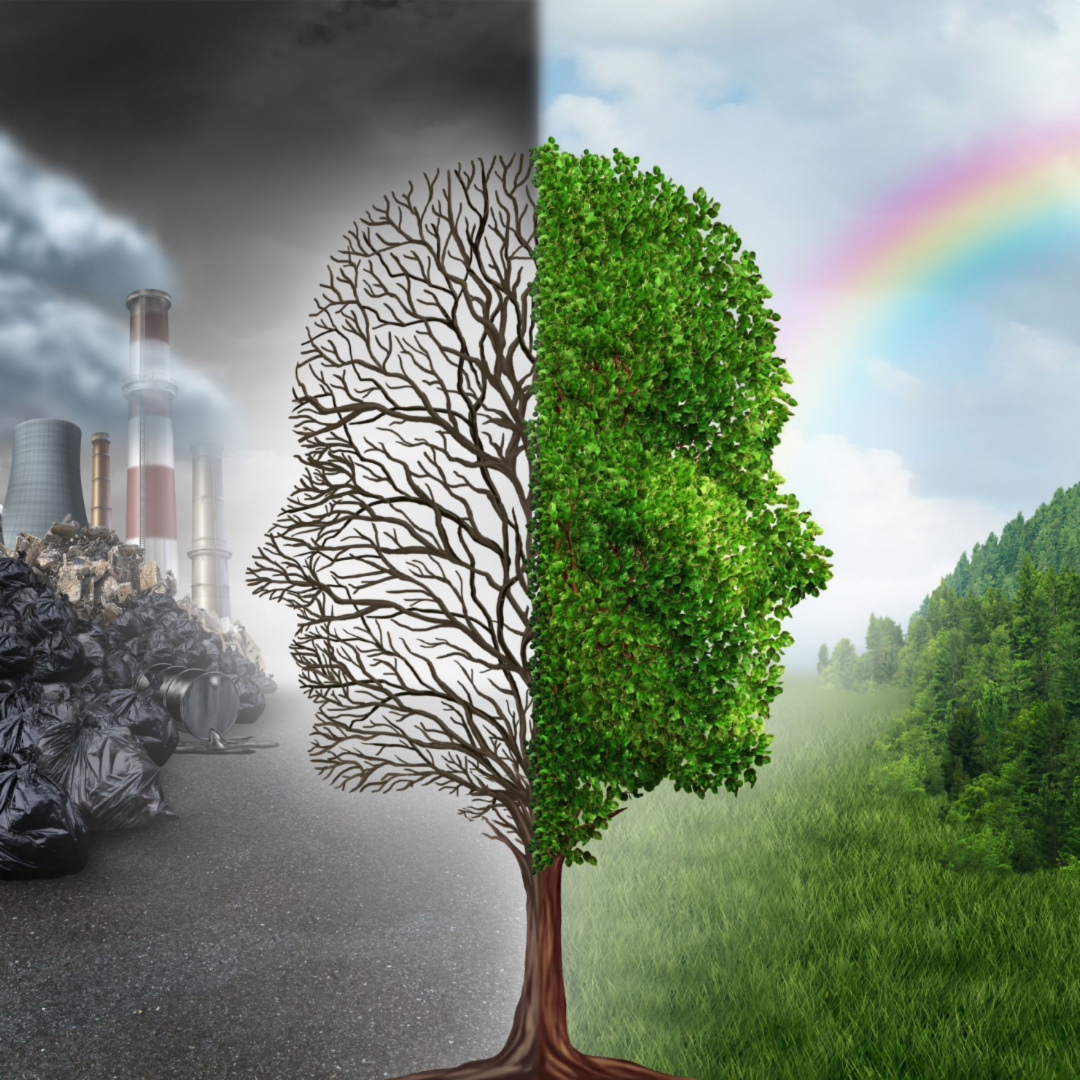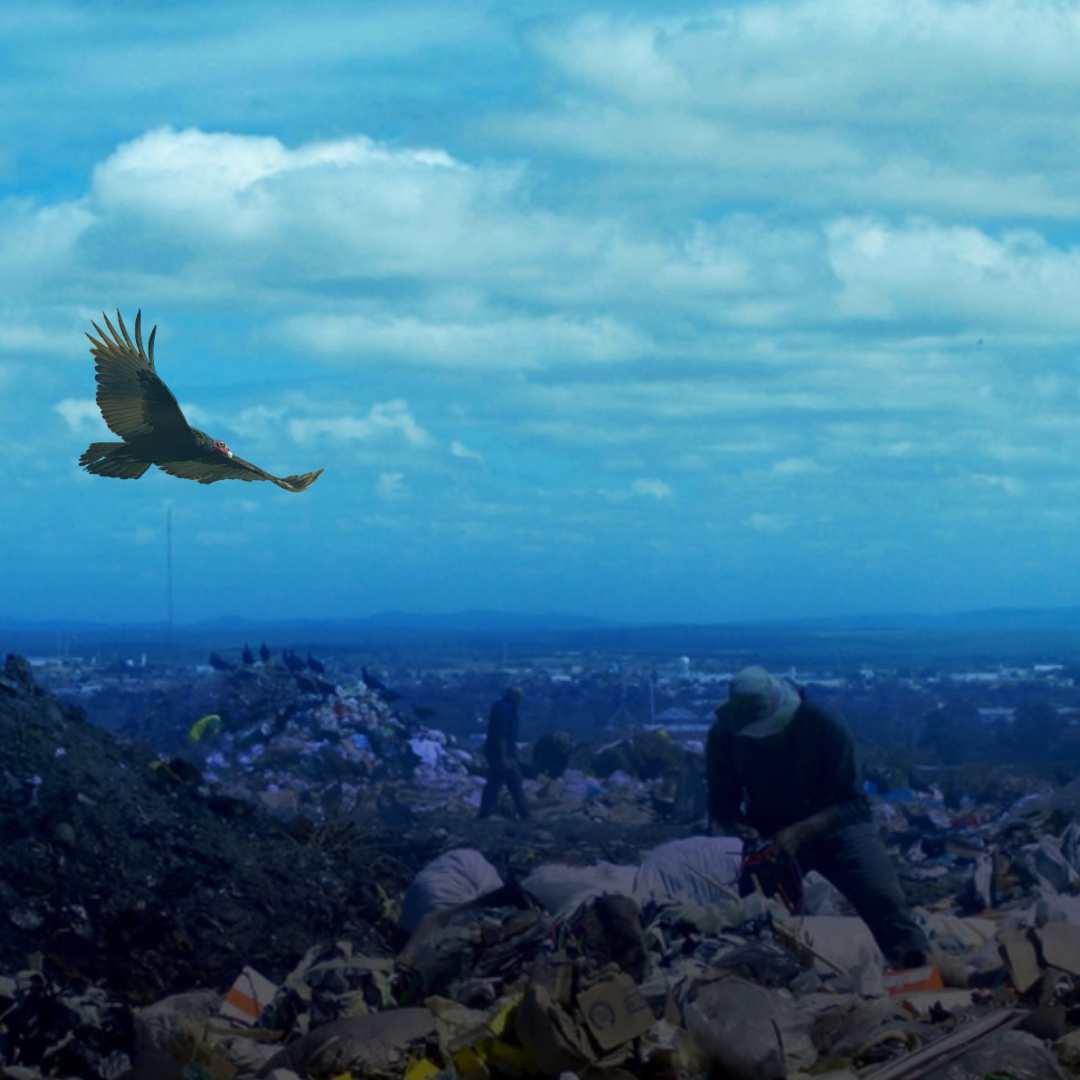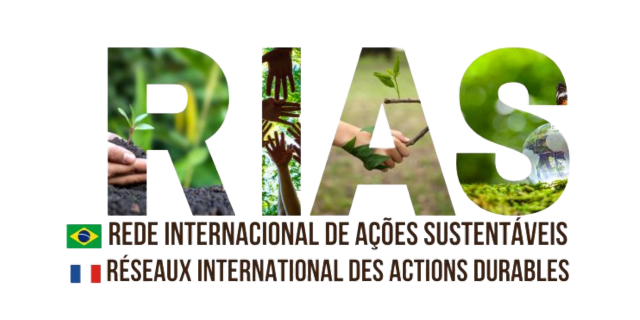Juntos por um Futuro Sustentável
A RIAS conecta pessoas, projetos e iniciativas ao redor do mundo para transformar nosso planeta em um lugar mais justo, verde e sustentável.
Pesquisar por:
As mais lidas
Categorias
Congresso CIAS (Idioma Espanhol)
Congresso CIAS (Idioma Francês)
Congresso CIAS (Idioma Português)
Congresso CIAS (Idioma Inglês)
LIVES
IFEE
Prometemos não utilizar suas informações de contato para enviar qualquer tipo de SPAM.
